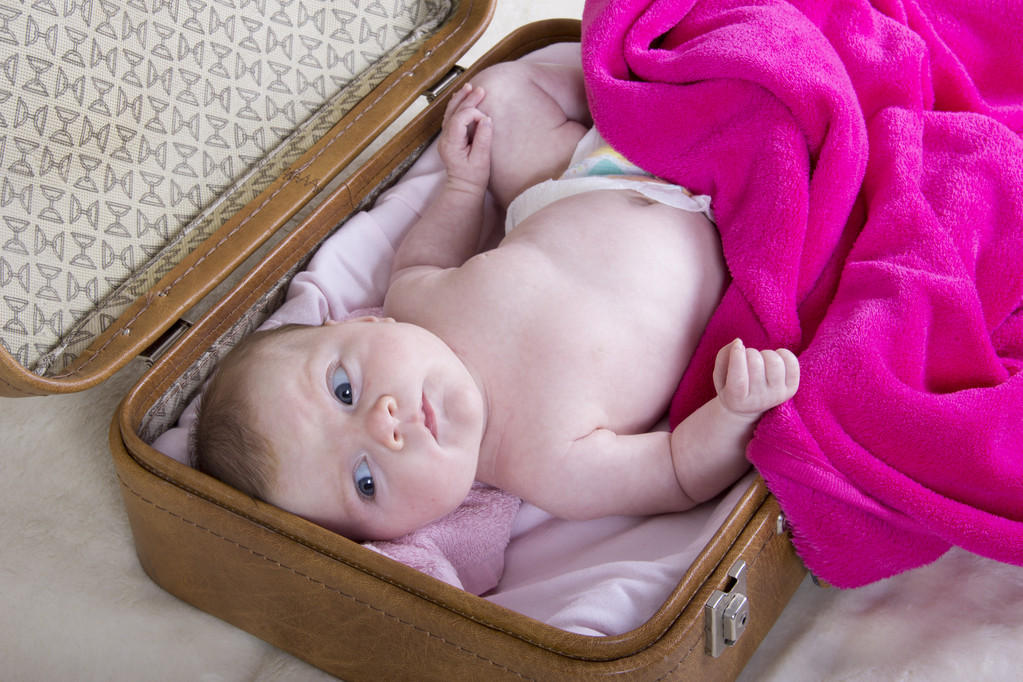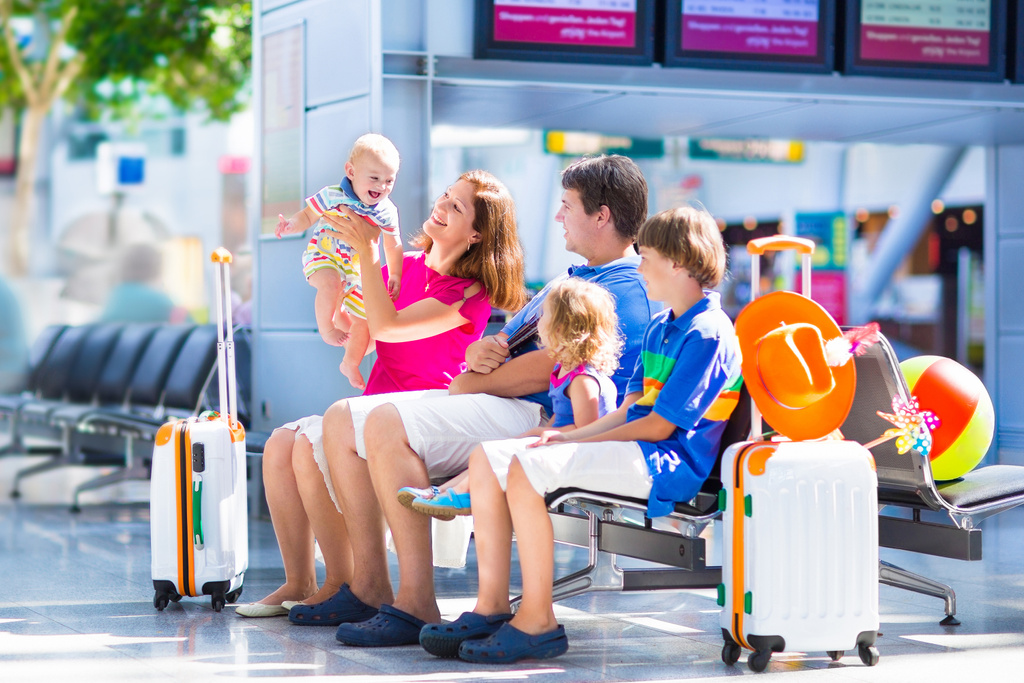Traveling with a baby is a prospect that both excites and intimidates new parents. The thought of exploring new places with your little one, making memories together, and experiencing the world from their fresh perspective is undeniably appealing. At the same time, it raises concerns: Will the baby be comfortable? Is it safe? What is the best age to start these adventures?
There is no one-size-fits-all answer, as every baby is different, and each family’s needs and preferences vary. However, by considering developmental stages, logistics, and personal factors, you can decide when the best time is to begin traveling with your baby.
Early Days: Newborn to 3 Months
Some parents are ready to hit the road or skies within the first few months of their baby’s life. During this phase, your baby is still small and likely to sleep a lot, making travel a bit more manageable than it might seem.
However, there are important factors to consider before taking off with a newborn. Their immune systems are still developing, which can make public spaces like airports and busy tourist attractions a bit risky. If you’re planning to travel during this stage, shorter trips or destinations with low crowd density may be best.
Another thing to keep in mind is that newborns often thrive in predictable routines, and travel can sometimes disrupt this. Despite that, many parents find that their newborns are surprisingly adaptable, especially if the trip doesn’t require too much change in feeding and sleep schedules.
If you’re breastfeeding, it can be relatively convenient, as you won’t need to carry bottles, formula, and sterilization equipment. On the other hand, bottle-feeding parents will need to ensure they have the right equipment on hand, which can add a layer of complexity to traveling with a baby in this age group.
4 to 6 Months: The Sweet Spot?
For many parents, the period between 4 to 6 months seems like a great time to travel with their baby. By this point, most babies have settled into somewhat predictable routines, which can make the logistics of travel smoother. They are still relatively immobile, which means you won’t have to chase a crawling or walking toddler around airports or hotels. Additionally, babies at this age are usually lighter and easier to carry around in baby carriers, a major plus for those planning to explore.
This is also a time when babies are more interactive, smiling, and engaging with their surroundings, which makes the experience more enjoyable for parents. Traveling during this window allows parents to experience the joy of seeing their baby discover new environments, sounds, and sights, without having to manage the challenges of mobility.
However, if your baby is starting to teethe, it could make the journey a bit more unpredictable. Teething can cause discomfort and fussiness, which might lead to less-than-ideal moments during your trip. If you decide to travel during this stage, pack extra comforts like teething toys or gels to ease the process.
7 to 12 Months: Active but Not Yet Walking
As your baby grows, so do their abilities to interact with the world. By this stage, many babies are sitting up, crawling, or even taking their first steps. While this adds an extra layer of excitement, it can also make travel a bit more challenging.
Babies between 7 to 12 months are typically more alert, curious, and eager to explore their surroundings. They may become restless if confined to a stroller or baby carrier for too long, so it’s important to plan your travel itinerary accordingly. Frequent breaks for your baby to stretch, play, and explore will help keep everyone happy.
At the same time, this stage is still manageable, as most babies are not yet fully mobile. You’ll have to keep a close eye on them, but they aren’t quite running around just yet, which is something to consider if you’re traveling to busy or crowded destinations.
12 to 18 Months: The Toddler Stage
The toddler stage is a fun yet demanding time to travel. By 12 to 18 months, most babies have become mobile, whether they’re walking confidently or are just starting to toddle. This mobility adds a level of unpredictability to your travels, as toddlers can be more difficult to contain in a stroller or on a long flight.
However, this is also a time when babies are deeply curious about their surroundings, which can make travel incredibly rewarding. Seeing the world through their eyes—whether it’s their fascination with a new animal, the sand between their toes, or their laughter as they experience different sounds—can add a whole new dimension to your trip.
Planning trips during this stage may require extra patience, as toddlers have short attention spans and may become frustrated during long journeys. Frequent breaks, playtime, and age-appropriate activities are essential to keeping your toddler engaged and content during your travels.

Factors to Consider When Deciding the Best Age for Travel
When determining the best age to travel with your baby, there are a few key factors to keep in mind:
Your Baby’s Temperament
Some babies are naturally more adaptable, while others might find travel and new environments stressful. Pay attention to how your baby responds to changes in routine, and use this as a guide for when it might be best to start traveling.
Type of Travel
The destination and style of travel can play a big role in your decision. A relaxing beach trip with minimal activity might be ideal for a newborn, whereas a trip with lots of sightseeing and walking might be better suited for a baby who is a bit older.
If you’re planning a family vacation to a destination like Noosa, your Noosa accommodation options should also be considered. Look for places that offer baby-friendly amenities, such as cribs, high chairs, and baby pools, which can make your trip easier and more enjoyable.
Health Considerations
Consulting your pediatrician before embarking on a trip is always a good idea, especially if you’re traveling internationally or to areas with different climates. Ensuring your baby is up-to-date on vaccinations and is healthy enough to travel is crucial for peace of mind.
Family Preferences
Every family has its own travel style and preferences. Some parents feel comfortable traveling soon after their baby is born, while others prefer to wait until their baby is older. It’s important to trust your instincts and choose what feels right for your family.
Final Thoughts
Ultimately, the best age to start traveling with your baby depends on your comfort level, your baby’s development, and the type of trip you’re planning. Whether you choose to explore the world with a newborn, wait until your baby is a few months older, or hold off until they are toddling around, travel can be a rewarding experience that creates lasting memories for your family.
No matter when you choose to start, the key is to remain flexible and patient, embracing the unique challenges and joys that come with traveling with a little one. After all, seeing the world through your baby’s eyes can add a whole new level of wonder to your journey.

